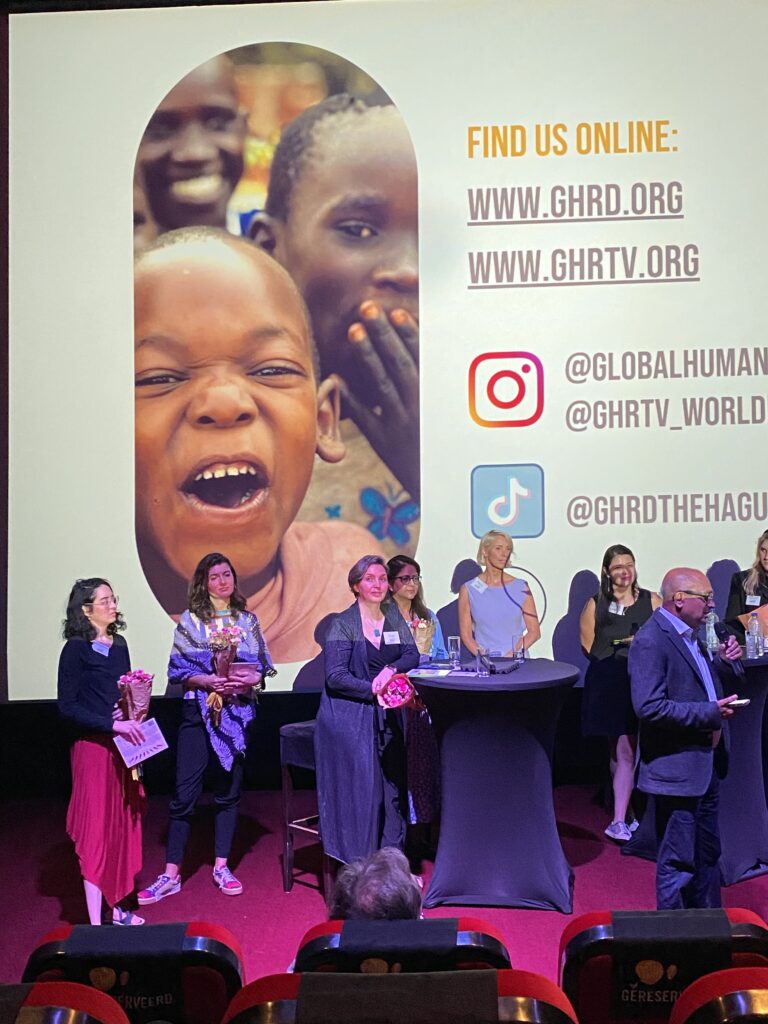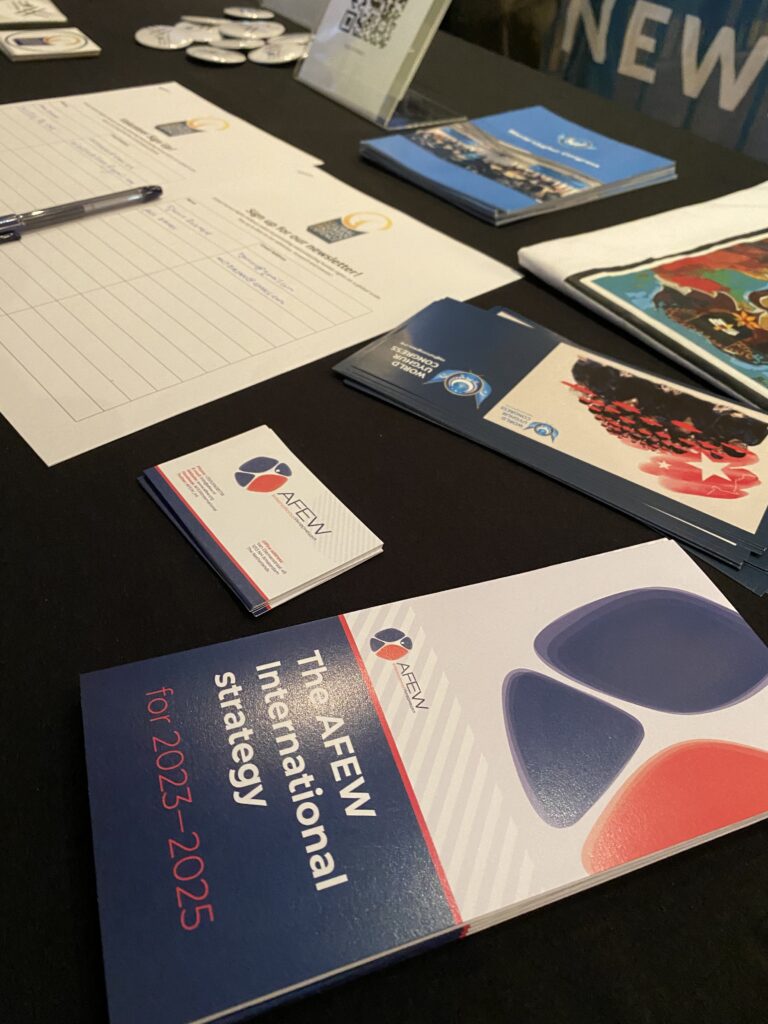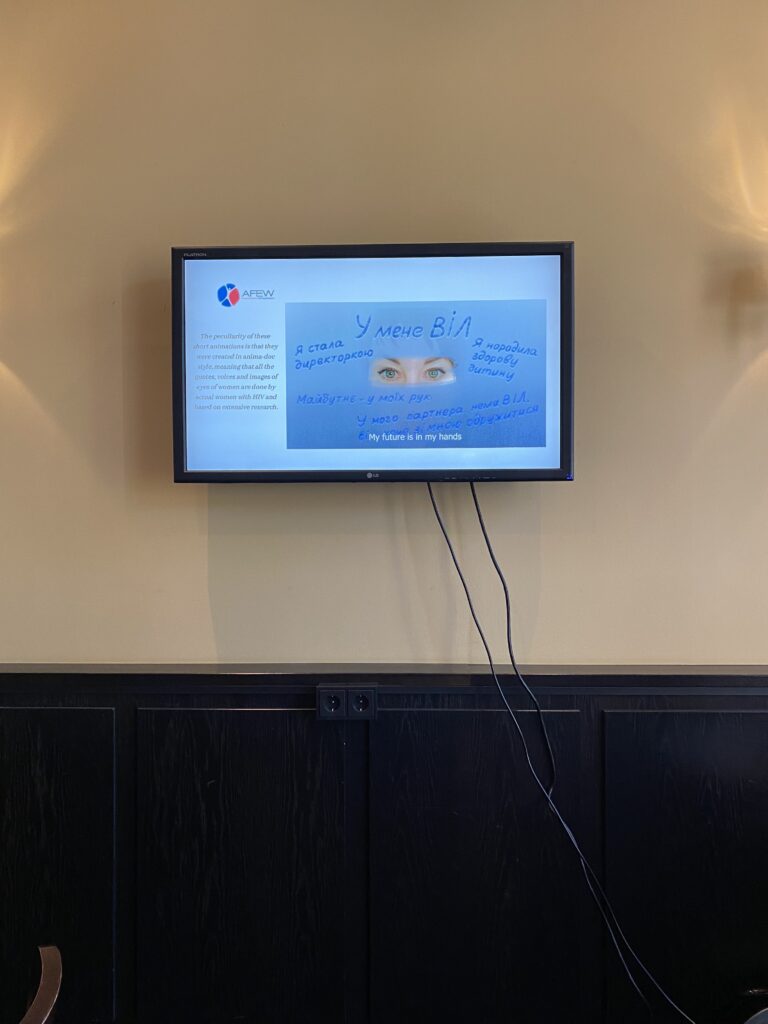How can women avoid discrimination in society in such countries as Tajikistan and other in Central Asia? How can they stand up for themselves? What should governments and NGOs do to protect women’s rights? AFEW International zoomed in on these topics during a panel discussion at the Human Rights Film Festival on June 30th in the Hague.
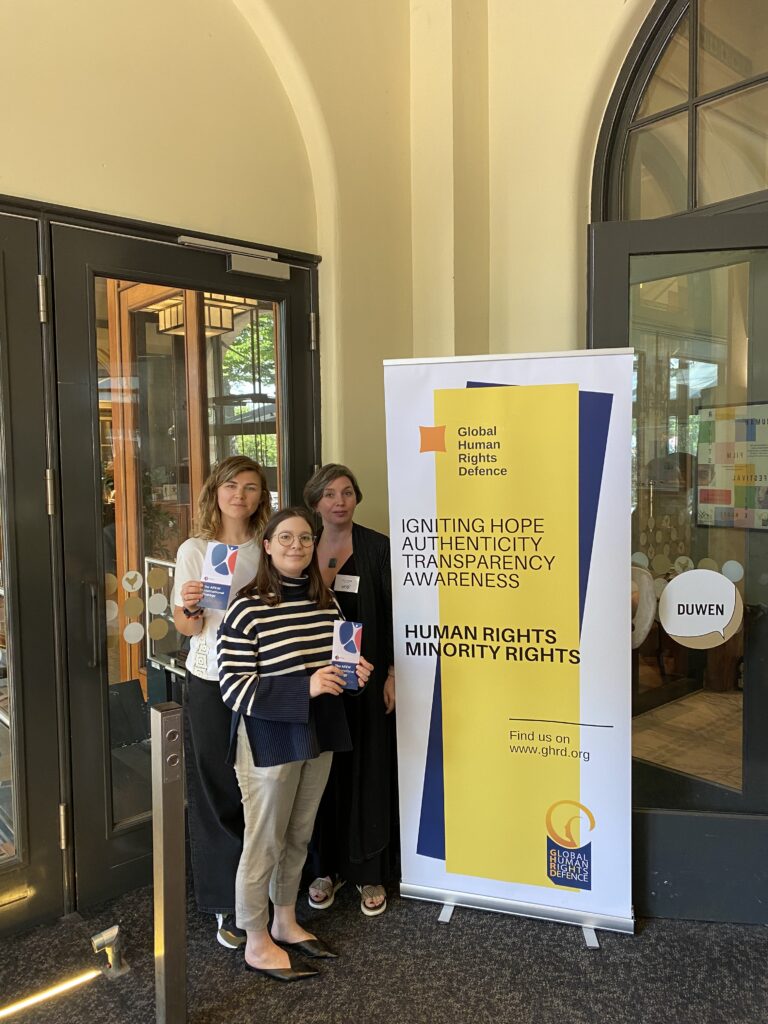
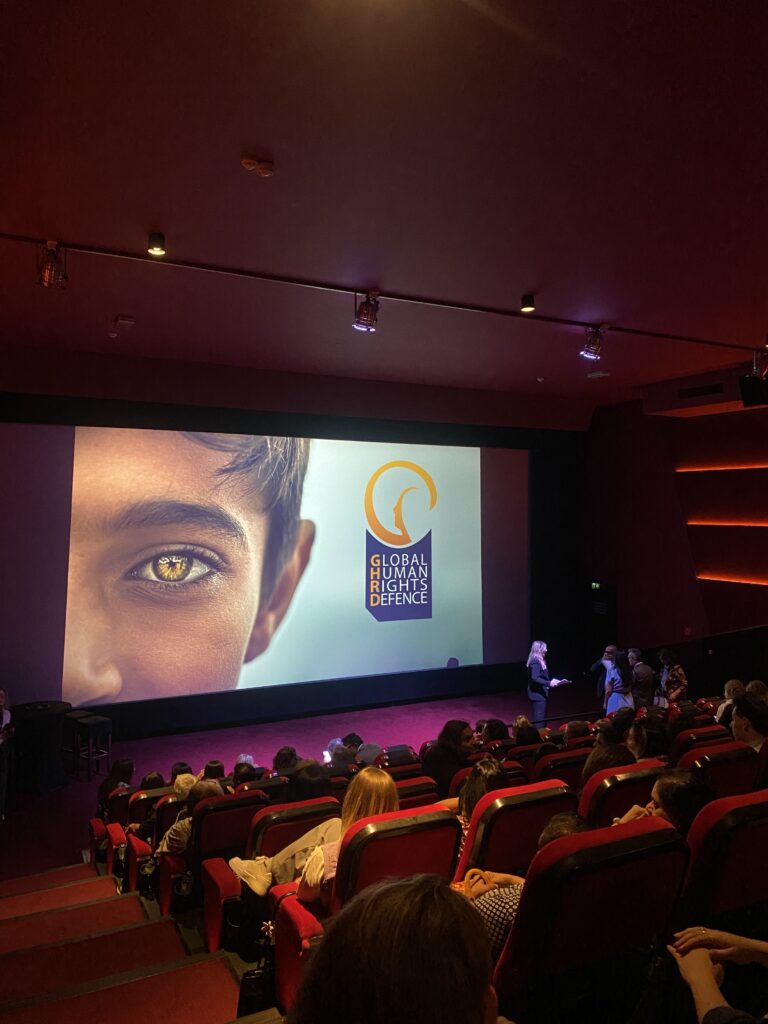
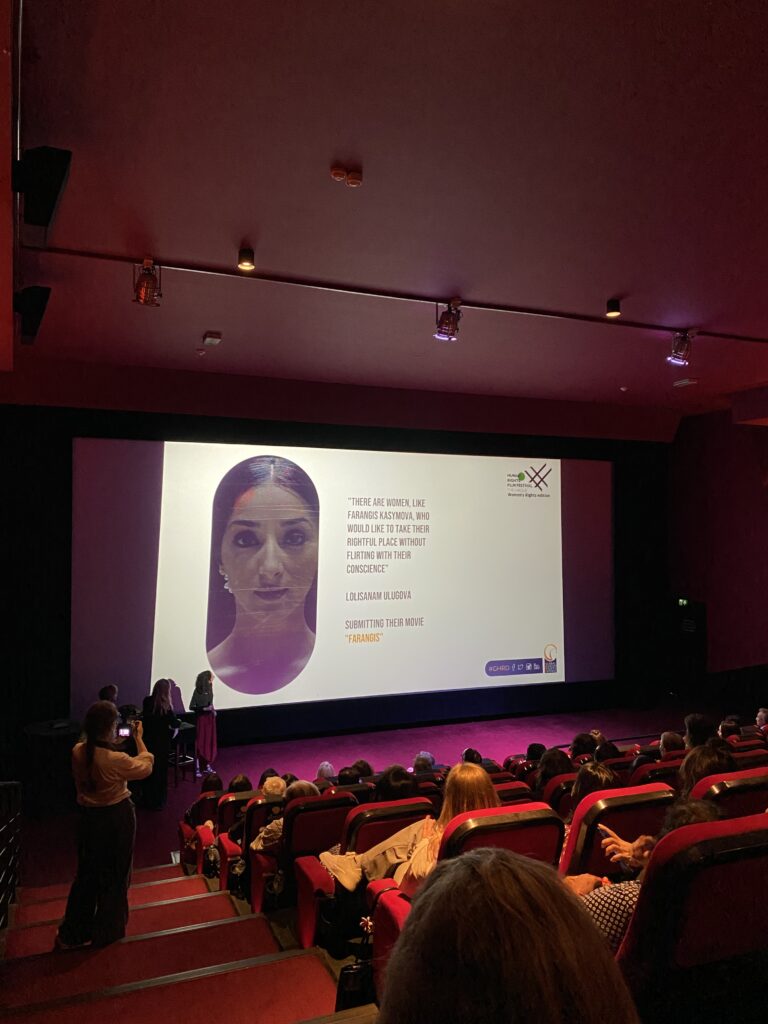
This year the Human Rights Film Festival was devoted to the topic of Women’s Rights. The documentary “Farangis” by Lolisanam Ulugova (Tajikistan) was chosen by the festival organising committee to show the audience how women in Tajikistan struggle in their everyday life and are forced to make choices because of their gender. The story is about Farangis Kosymova, a 25 years old Tajik ballet dancer. In the documentary Farangis reflects on some of her main life choices and focuses on her decision not to get married. As she shares her opinions in dialogue with her family and friends, the documentary displays the complexity of pursuing an individual’s will while dealing with a society’s traditions and rules. What should she follow – tradition or innovation? Marriage or independence? Career or family?
Yulia Komo, Lead on Programmes and Public Affairs at AFEW International:
«Being a woman in Tajikistan and other Central Asian countries sometimes means being ready to be blamed by society: for not following traditions, for choosing a career but not family, and for many other reasons. AFEW International works in Central Asia, and we clearly see how women’s rights in this region are violated, especially when it comes to more vulnerable groups of women, such as women with HIV. They are very often stigmatised by society. Often, stigma and discrimination come from their families. Unfortunately, stigmatisation and gender-based discrimination are big drivers of the ongoing HIV epidemic in the countries of Eastern Europe and Central Asia.
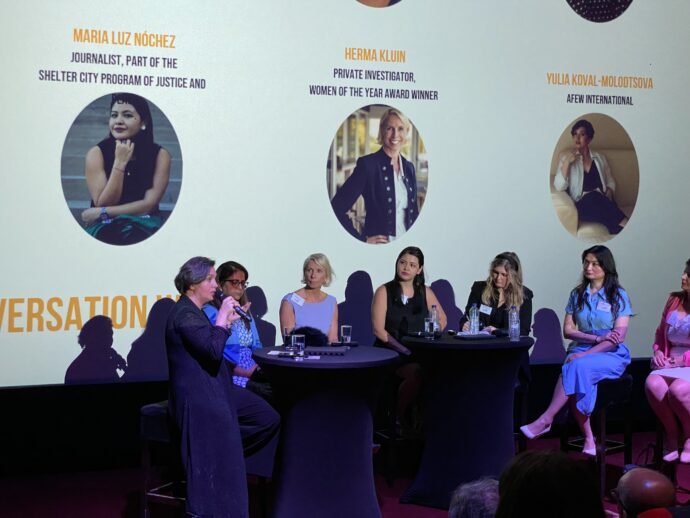
Stories like “Farangis” are helping us slowly to change the situation. We can clearly see that some women in Central Asia are not afraid to stand up for themselves and their human rights. We need to make sure that the voices of these women are heard, and events like the Human Rights Film Festival help us with it. I am sure that hundreds and thousands more of such stories will help us in changing the societal and legal agenda.
For example, in July 2022 Tajikistan for the first time adopted the law on equality and elimination of all forms of discrimination. This law determines the organisational and legal basis for implementation of the equal rights and opportunities for all people in Tajikistan. But it will take time for the law to be integrated into everyday lives. One of the main reasons- majority of people simply don’t know about it. This is our task, a task of NGOs, influencers, and human rights defenders to spread the word about such important changes and make sure that people are aware of them, and can stand up for themselves to address stigma and discrimination.
Media campaigns play an important role in it. Recently AFEW Partnership created a public awareness campaign “See what matters” aiming to reduce the self-stigma of women living with HIV and affected by HIV and to change societal attitudes towards them through reducing social stigma. Only via greater visibility and our joint efforts we can achieve measurable change in awareness, levels of social justice, and funding for underserved populations in civil society across the EECA region and beyond”.
